Corporate Social Responsibility
Corporate Social Responsibility
Simran Agritech Pvt Ltd (SAPL) as a responsible corporate citizen has a firm belief that businesses are key organs of the society, which have an underlying responsibility towards empowering people and ensuring sustainable development in the overall interest of the Society and the eco system in which we operate.
SOCIAL RESPONSIBILITY is an important element of our sustainability strategy. Therefore, we maintain an open and constructive dialogue with the public concerned and promote activities and measures which contribute to upliftment of disadvantageous section of population in India.
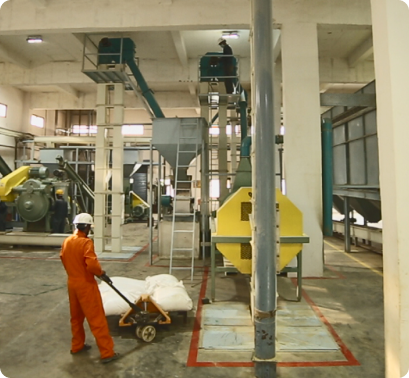
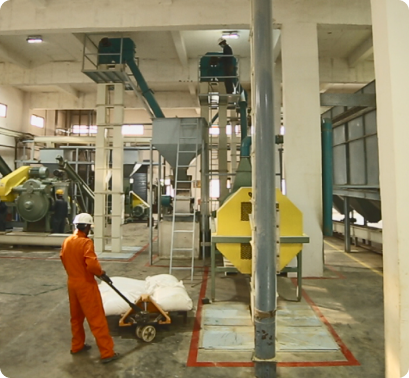
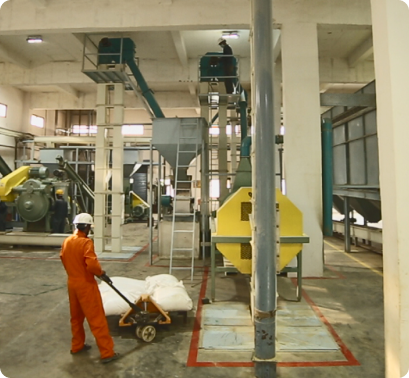
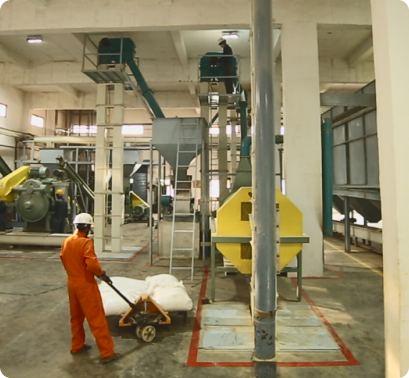
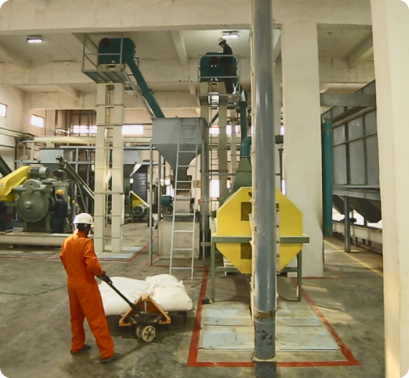
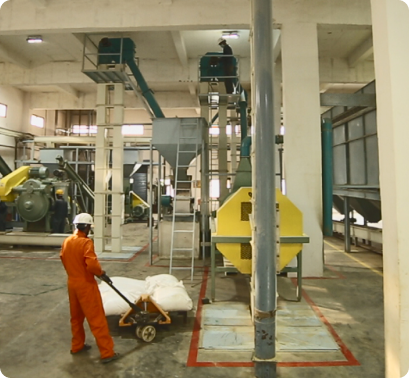

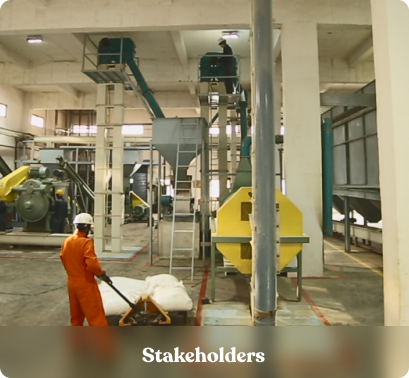
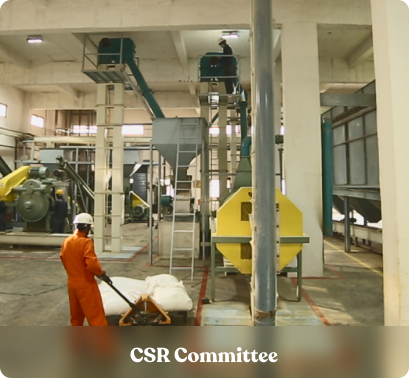
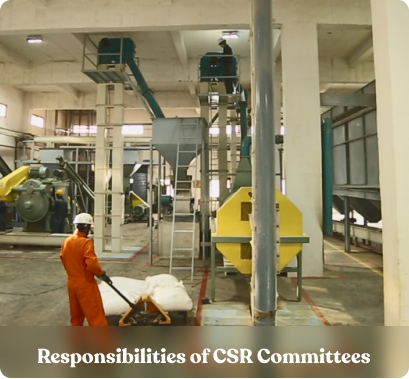
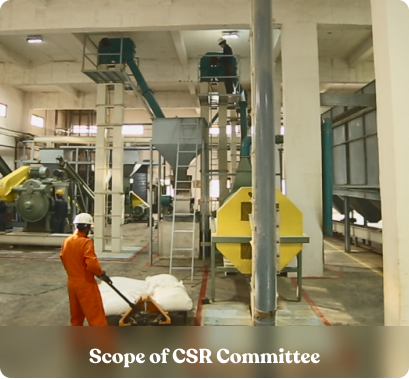
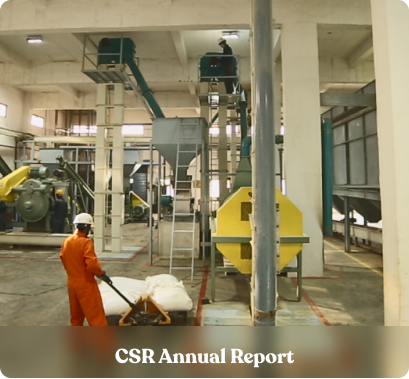
- The Indian Companies Act, 2013 specifies that firms with a net worth of Rs500 crore or revenue of Rs1,000 crore or net profit of Rs5 crore spend 2% of their average profit in the last three years on social development-related activities.
- If any company ceases to meet the criteria for 3 consecutive financial years, then it is not required to comply with CSR provisions till such time it meets specific criteria.
- The compliance of the provisions of CSR under the Companies Act, 2013 ie. constitution of CSR Committee, formulation of CSR Policy, the spending of requisite amount on CSR activities came into force from April, 2014.
Stakeholders
The compliance of the provisions of CSR under the Companies Act, 2013 i.e constitution of CSR Committee, formulation of CSR Policy, the spending of requisite amount on CSR activities came into force from April, 2014.
- Customers. Customers are the largest stakeholders of a business because they are directly impacted by the quality and availability of a company’s products or services.
- Employees. Our employees are life blood of our company. We rely on sound business decisions and efficient execution of our business processes. Thus we have a responsibility towards our workforce in terms of job security, earn a fair salary, extend helpful benefits and provide a safe environment to work.
- Community. Local community is part of our ecosystem as we operate amongst them and share common resources. Our business offer jobs to freshers and contribute for social upliftment and economic development.
- Suppliers. Central India is a rich Soya belt and the local farmers in far and remote areas are part of our raw material suppliers community. We rely on this supply chain to meet our targets for which we provide guidance, training and share information so as to grow with us and succeed in their own business.
CSR Committee
The SAPL CSR Committee is constituted to give momentum to planning and execution of CSR projects though its umbrella foundation “Simran Charitable Trust”. The CSR committee is as under :-
- Managing Director – Chairman
- Chief Operating Officer (COO) – Director
- Plant Head, SAPL – Member 1
- HOD, Finance – Member 2
- HOD, HR – Member 3
Responsibilities of CSR Committees
- Ensure that in each financial year the Company spends at least 2% of the average net profit before taxation made during the three immediate preceding financial years on the CSR activities specified in Schedule VII of the Act.
- Research and identify viable CSR Projects.
- Identify target stakeholders where CSR projects to be implemented.
- Workout modalities of execution of the project including schedule.
- Allocation and utilization of funds.
- Monitoring execution of the approved projects.
- Impact assessment and follow up.
- Ensure annual reporting of CSR activities on the Company website
- Ensure annual reporting of CSR policy to the Ministry of Corporate Affairs, Government of India, as per the format prescribed under the CSR rules as amended from time to time.
- Eradicating hunger by distribution of food items and supplies on regular basis. Addressing poverty and malnutrition in slum areas and promoting health care including preventive health care. Promoting sanitation including contribution to the Swachh Bharat Kosh set-up by the Central Government for the promotion of sanitation and making available safe drinking water.
- Promoting education, enhancing employability skills, providing scholarships and promoting on job training among children in rural and remote areas
- Promoting gender equality, empowering women, setting up homes and hostels for women and orphans; setting up old age homes, day care centres and such other facilities for senior citizens and measures for reducing inequalities faced by socially and economically backward groups.
- Ensuring environmental sustainability, ecological balance, protection of flora and fauna, animal welfare, agroforestry, conservation of natural resources and maintaining quality of soil, air and water.
- Supporting people below poverty line and disadvantageous section of population by providing medical relief like distribution of oxygen cylinder, medicines, organising blood donation camp, spreading medical awareness and investing in health of the employees by regular medical check-ups and sponsoring medical health policies.
- Undertake measures for the benefit of armed forces veterans, war widows and their dependents, and provide job avenues to war disabled soldiers for a dignified living.
- Contribution to the prime minister’s national relief fund or Prime Minister’s Citizen Assistance and Relief in Emergency Situations Fund (PM CARES Fund) or any other fund set up by the central government for socio economic development and relief and welfare of the schedule caste, tribes, other backward classes, minorities and women.
- Rural development projects.
- Disaster management, including relief, rehabilitation and reconstruction activities and restore damages due to natural calamities.
CSR Annual Report
CSR Committee will use the digital platform and flash activities undertaken by the committee on webpage. It will showcase the efforts and benefits received by stakeholders in pictorial form, as also declare its financial statement related to CSR.
The financial report will comprise of the following : –
- Brief outline of CSR Policy and Committee.
- Details of the Projects undertaken with cost.
- Details of amount expended on CSR activities.
- Details of unspent funds allocated for CSR activities for the financial year.
- Details relating to creation or acquisition of capital asset through CSR spent in the financial year.
Details of Impact Assessment of CSR project, if applicable.